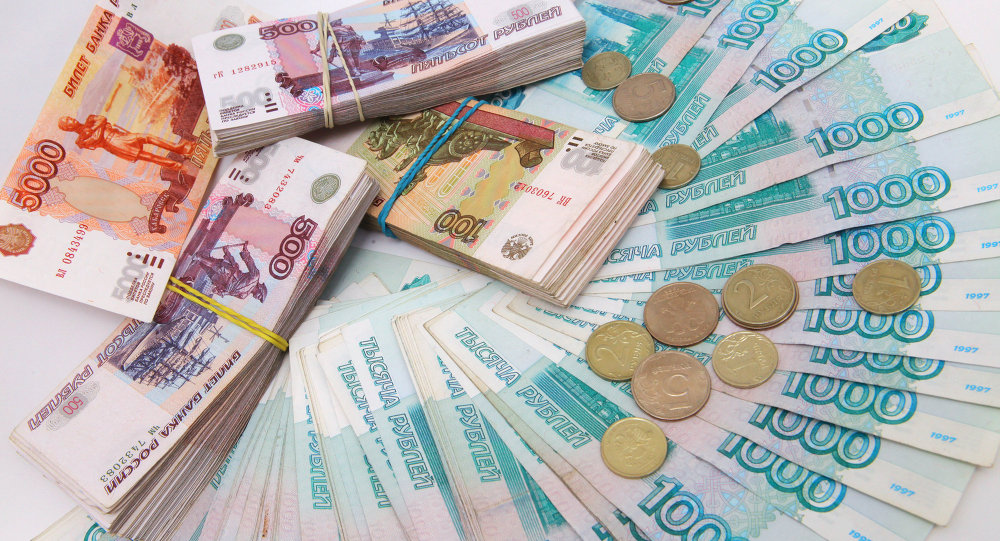
Russia’s ruble gained the most among major currencies as oil advanced and investors speculated the central bank will refrain from cutting the highest interest rate among key emerging markets in Europe, the Middle East and Africa.
The currency advanced 1.2 percent against the dollar to 65.8232 as of 7:27 p.m. in Moscow, the biggest gain among 31 leading countries tracked by Bloomberg. Crude oil rallied 2.8 percent to $45.71 a barrel in London. The Bank of Russia will keep its benchmark borrowing costs at 11 percent for the sixth meeting in a row on Friday, according to the median of 29 estimates in a Bloomberg survey.
Russia gets about 60 percent of its export revenue from oil and natural gas and the country has been among the biggest beneficiaries of the rebound in crude since mid-January. Investors are also looking favorably at emerging-market assets as the Federal Reserve adopts a more dovish approach to monetary policy in the U.S., with futuresmarkets assigning zero probability to a rate increase when the Federal Open Market Committee meets this week.
“We have rising oil, hawkish expectations from the Bank of Russia and dovish from the Fed this week,” Vladimir Miklashevsky, a senior strategist at Danske Bank A/S in Helsinki, said by e-mail. “It looks like a combination to buy.”
Derivatives traders have trimmed their wagers that Russia’s central bank will reduce borrowing costs in the coming three months, with forward-rate agreements showing 15 basis points of cuts in the period, compared with a high of 86 basis points in March.
The Bank of Russia “is erring on the side of caution with respect to rates,” Ivan Tchakarov, an economist for Russia at Citigroup in Moscow, said by e-mail. The Central bank is “still unconvinced that the oil price recovery will be of a permanent nature,” he said.
Russian government bonds rose for the first day in four, with the yield on the five-year note down one basis point at 9.31 percent. The Micex index of stocks closed down 0.5 percent at 1,946.55.